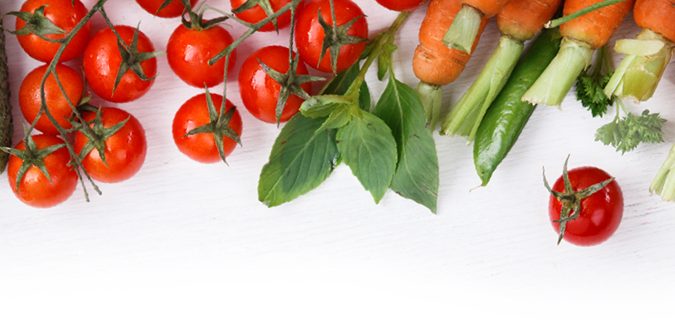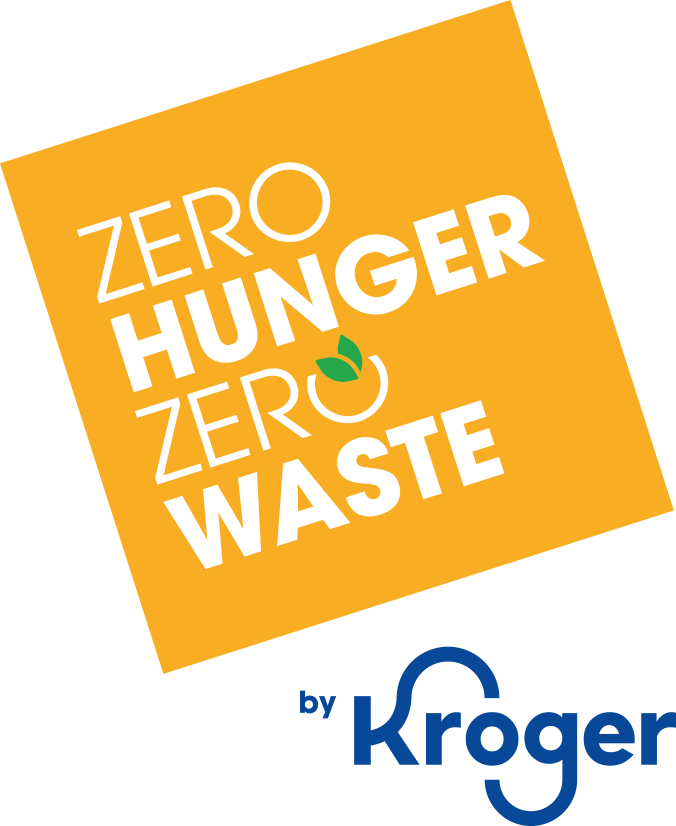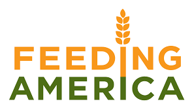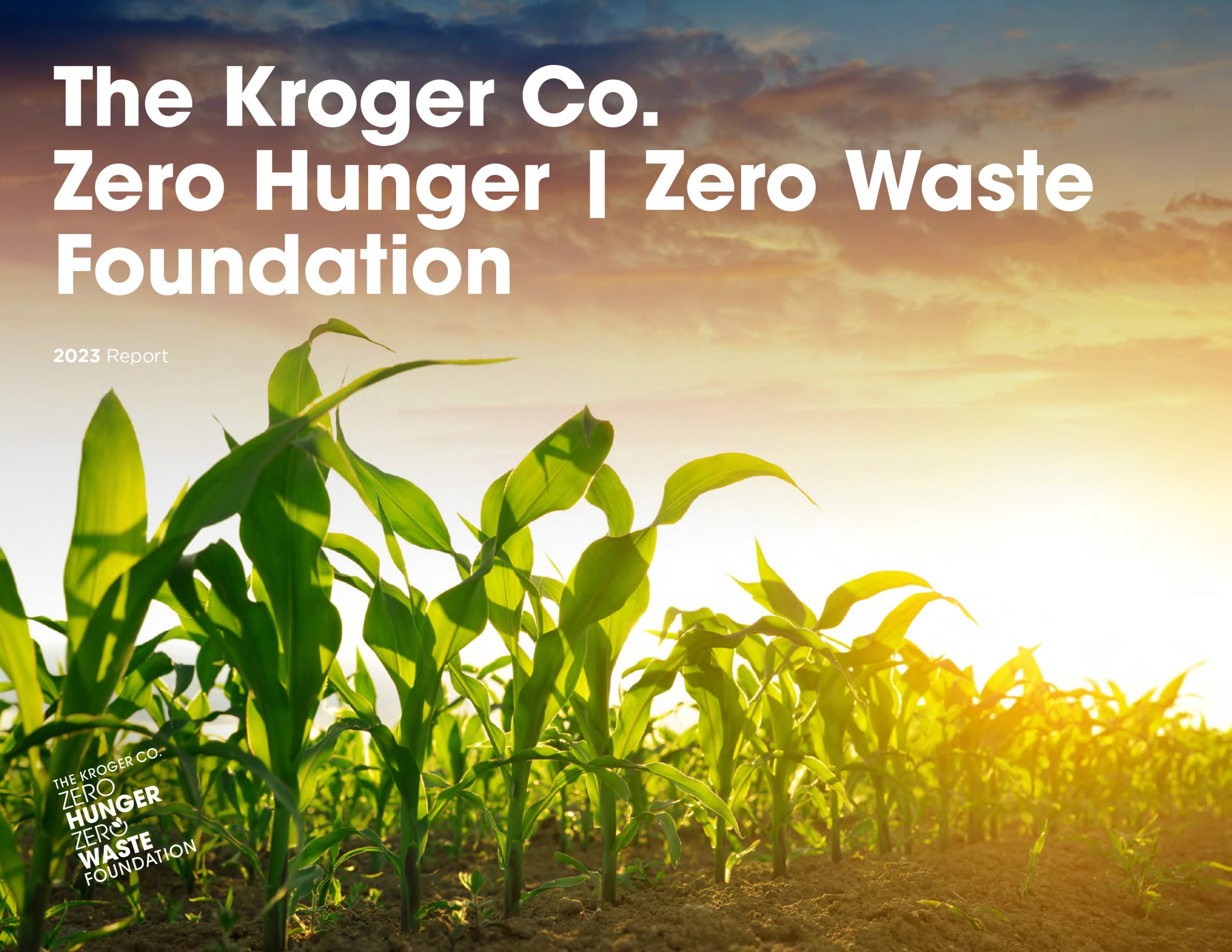



Did you know that 38% of food produced in the U.S. is thrown away?
That means 229 million tons of surplus available food goes unsold or uneaten every year, in addition to food left unharvested on farms. At the same time, nearly 42 million Americans – one in eight – struggle with hunger. This just doesn’t make sense.
Kroger’s Zero Hunger | Zero Waste action plan aims to change those numbers.
Zero Hunger | Zero Waste is our social and environmental impact plan. It sits at the center of our ESG strategy and reflects our commitment to build a more resilient, equitable and sustainable food system that improves access to affordable, fresh food for everyone – for generations to come.
Learn more about our progress in Kroger’s 2023 ESG Report.
What We Do
Put people first
Advance sustainability
Promote systems change
Find data-driven solutions
Zero Hunger | Zero Waste Action Plan
We’ve learned a lot since introducing our Zero Hunger | Zero Waste plan five years ago. Today, Kroger’s commitment expresses our mission to:
Feed
Expand surplus food recovery and redistribution to provide a total of more than 3 billion meals to our communities by 2025 (cumulative).
Nourish
Improve health and well-being by promoting fresh foods and affordable, better-for-you options for our customers.
End waste
Embed retail best practices to optimize ordering, extend freshness and reduce waste in our own operations.
Inspire change
Direct funding to social entrepreneurs who are transforming our food system through The Kroger Co. Zero Hunger Zero Waste Foundation’s Innovation Fund.
Advocate
Support public policy and legislative solutions that improve food access and create infrastructure for a zero-waste future.
Transform
Advance planet-forward agricultural production methods around the world to conserve natural resources and protect habitats.
Collaborate
Cultivate long-standing and new partnerships for meaningful collective action to achieve our Zero Hunger | Zero Waste goals – because we can’t do it alone.
Build stronger communities
Align charitable giving, community engagement and company-wide impact goals to create a better future for people in the communities we serve.
Zero Hunger | Zero Waste
Milestones
Goal:
Direct 3B meals to our communities by 2025
Show ProgressProgress:
Achieved 3B meals to date (food + funds)Goal:
Align more giving to Zero Hunger | Zero Waste plan
Show ProgressProgress:
$1.3B in strategic giving to feed more people in our communitiesGoal:
Donate healthier surplus food to local hunger relief agencies
Show ProgressProgress:
45% of retail donations are from Produce, Dairy and Deli to support better nutritionGoal:
Rescue more surplus fresh food from stores for donation
Show ProgressProgress:
582M pounds rescued to date; 100% of stores are actively donating foodGoal:
Achieve zero operational waste (90%+) and 95%+ food waste diversion by 2025
Show ProgressProgress:
82% total waste diversion; 45.9% food waste diversion from landfillsGoal:
Expand food waste recycling
Show ProgressProgress:
92% of retail stores are actively recycling food waste through animal feed, composting or anaerobic digestion
Today, we coordinate with hunger relief organizations across our communities to direct safe, healthy surplus food to those in need. In 2022, we donated 106 million pounds of surplus food to Feeding America’s network of food banks and agency partners.

We work with World Wildlife Fund to map Kroger’s retail food waste footprint annually. The footprint uses the World Resources Institute (WRI) Food Loss & Waste Standard to measure and track food waste across store operations. So far, we’ve reduced food waste generated by nearly 20% and improved food waste diversion from landfill to nearly 50%.
Zero Hunger | Zero Waste
Food Rescue
One of the top solutions to reversing the effects of climate change today is reducing food waste. Food and other organic items in landfills take a long time to break down and produce a lot of methane, one of the most potent greenhouse gases. We can help by throwing away less food and food scraps at home. Kroger is doing our part by following several key steps:
- Sell: Through great prices and promotions, we motivate customers to buy as much fresh, nutritious food as possible while it has plenty of shelf life remaining. In a perfect world, everything that comes in the back door of our stores would go home with our customers, but that isn’t realistic.
- Mark down: As items in our Fresh departments – bakery, deli, dairy, produce and meat & seafood – approach their use-by dates, we activate our popular markdown program to make them even more affordable for our customers and drive sales.
- Donate: Remaining unsold items may still be eligible for donation to local agencies and food banks through Kroger’s Zero Hunger | Zero Waste Food Rescue program. Every day, our associates set aside surplus food for local organizations to pick up and redistribute in our communities.
- Recycle: Any unsold organics that are not eligible for donation go into our food waste recycling program. Depending on the local geography, that could be animal feed, composting or anaerobic digestion programs.

The Kroger Co. Zero Hunger | Zero Waste Foundation
Kroger established the Zero Hunger | Zero Waste Foundation in 2018 to align impact philanthropy to our action plan. The foundation is a nonprofit public charity focused on food system change and innovation. Last year, the Foundation directed $11.3 million in grants to organizations and social entrepreneurs who share our mission.
Since its inception, the Zero Hunger | Zero Waste Foundation has directed about $59 million to organizations and changemakers across the country. Our signature program is the Innovation Fund, which provides catalytic capital to innovators with creative solutions to the challenges of food access, food security and food waste.
Through innovation, collaboration and community engagement, we’re committed creating communities free of hunger and waste.
Learn More





























